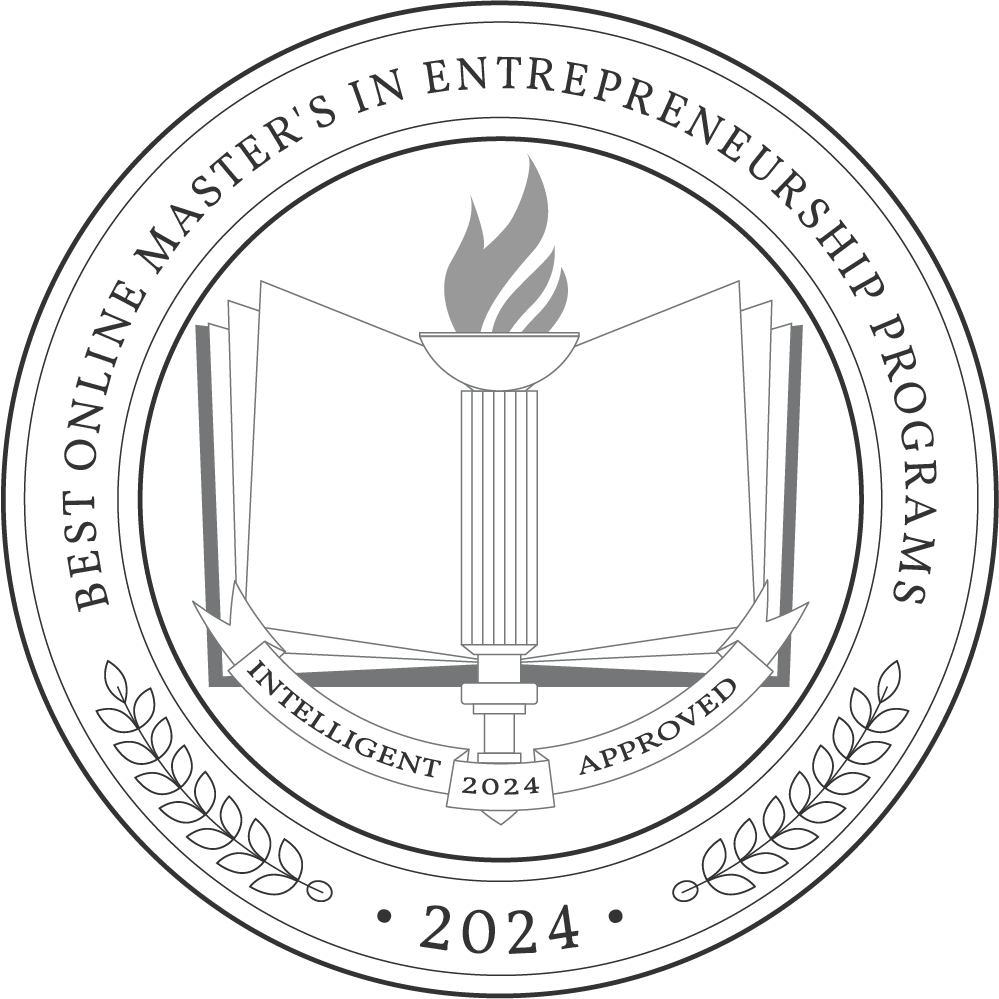Master’s in Fashion Business and Entrepreneurship
Take Fashion Forward in Your Future
Lindenwood University’s online Master of Science in Fashion Business and Entrepreneurship program gives you the skills to pursue a fashion career and start your own business. As you gain real-world practical knowledge and master fashion business skills, you will learn topics that are crucial to success in the field. This collaborative master’s in fashion business program lets you interact with guest speakers from the fashion industry.
Our online master’s in fashion business degree program offers multiple opportunities to travel the world with faculty to visit fashion capitals. You can also participate in Lindenwood’s Fashion Design and Business Advisory Council. This group allows you to network with other fashion professionals in the region, conduct mock interviews, and gain industry insight.
Through our master’s degree in fashion business, you now have the opportunity to earn a MS degree in fashion business and entrepreneurship in just one year. Our new fast-track fashion graduate studies program also provides coursework in business as well as in industry essentials such as visual display, 3D technology, fashion sustainability to help you build the knowledgebase you could use to pursue a career in fashion design as an entrepreneur.
Program at a Glance
1-2 years
Duration
30
Credit Hours
$551
Cost per Credit
100%
Online
Awards & Recognitions

Top Ranked
Best Online Master’s in Entrepreneurship Degree Programs of 2024

Course Spotlight
Your online master’s in fashion degree coursework is designed to build on your current experience in developing new venture opportunities within the retail fashion industry. This fashion entrepreneur program lets you deepen your approach to the lifecycle of a fashion business or other creative entrepreneurship concepts within the consumer-driven fashion landscape. Further your expertise as a fashion entrepreneur through course focuses on the following:
- 3D Fashion Design and Technology
- Innovative Luxury Branding and Visual Display
- Global Fashion Sustainability
- Fashion Writing and Global Communication
Career Outlook
Graduates of the business master’s degree can leverage skill sets across business or fashion or both in fields such as fashion design. According to the U.S. Bureau of Labor Statistics (BLS), fashion designers earn a median annual salary of $77,450.
Admissions Requirements
For admission to your online master’s in fashion business program, you will need to complete your online application and submit the following documents:
- Online application
- Résumé
- Letter of intent/personal statement, including a personal statement regarding your interest in the program and career goals
- Official undergraduate transcript(s) demonstrating completion of undergraduate degree in related field with a minimum of a 3.0 GPA in all major coursework.
- If GPA falls below a 3.0, three letters of recommendation are required
- Transcripts – from any graduate school(s) attended
Tuition Details
The cost per credit hour for this master’s degree in fashion program is $551. Besides affordable tuition, we offer a generous transfer policy of up to nine credits toward your degree completion to further offset tuition costs—saving you time and money on your education!
Frequently Asked Questions
A master’s in fashion is a graduate-level degree that helps students further develop their entrepreneurial approaches to consumer-driven fashion ventures.
All transfer graduate credit must be from a regionally accredited graduate institution and must meet the approval of the dean of the Plaster College of Business and Entrepreneurship and the registrar. All transfer credits must carry the equivalent of a letter grade of B or better and have been completed within the last five years. An official transcript must be provided for verification.
With the right education, such as what fashion business master’s programs offer, you can gain the knowledge and skills you need to drive new retail fashion concepts and business ventures. Explore Lindenwood’s master’s in fashion business degree programs to get started on your exciting career path as a fashion entrepreneur!
Why Choose Lindenwood University Online?
Since 1832, Lindenwood University has served students worldwide with affordable, high-quality academic programs providing real experience and real success. After nearly 200 years of academic excellence, Lindenwood is committed to a set of core values, including integrity, dedication, excellence, creativity, and community.
Quality
We evolve our online degree programs to reflect the latest in academic research and innovation and to meet the top standards of higher education.
Affordability
We are committed to offering our students studying online low tuition rates on top of multiple ways to save on your education.
Career-Focused
Our programs align curriculum to industry realities from experienced instructors who share real-world insights.
Support
We employ experts who are dedicated to helping our students with financial aid planning, enrollment counseling, tutoring services, and more.
We are committed to helping you succeed.
Throughout each step of your online degree program, you will receive support. From enrollment and tuition planning to staying on the right track, your support team is there to ensure your success.
